Report: Evidence-Based Practice in Health & Social Care Settings
VerifiedAdded on 2023/01/23
|26
|2676
|84
Report
AI Summary
This report provides a comprehensive overview of Evidence-Based Practice (EBP) within the context of Health & Social Care. It begins by defining EBP and highlighting its importance in delivering effective patient care, cost reduction, and improved outcomes. The report delves into the purpose and process of conducting EBP, emphasizing the integration of research evidence, clinical expertise, and patient values. It outlines the necessary skills and qualities for conducting literature reviews, including communication, critical thinking, and time management. The report also includes an analysis of the author's own skills in this area. Furthermore, it explores ethical considerations in research, the use of diverse sources in literature reviews, and the application of communication skills in practice, with a focus on verbal and non-verbal techniques. The report evaluates the outcomes of literature reviews, summarizes current knowledge on communication, and assesses the reliability and validity of the research. It concludes by examining the benefits of EBP for patients and healthcare professionals, proposing a research project on communication in challenging situations, and analyzing the influence of literature reviews on evidence-based practices.
1 out of 26
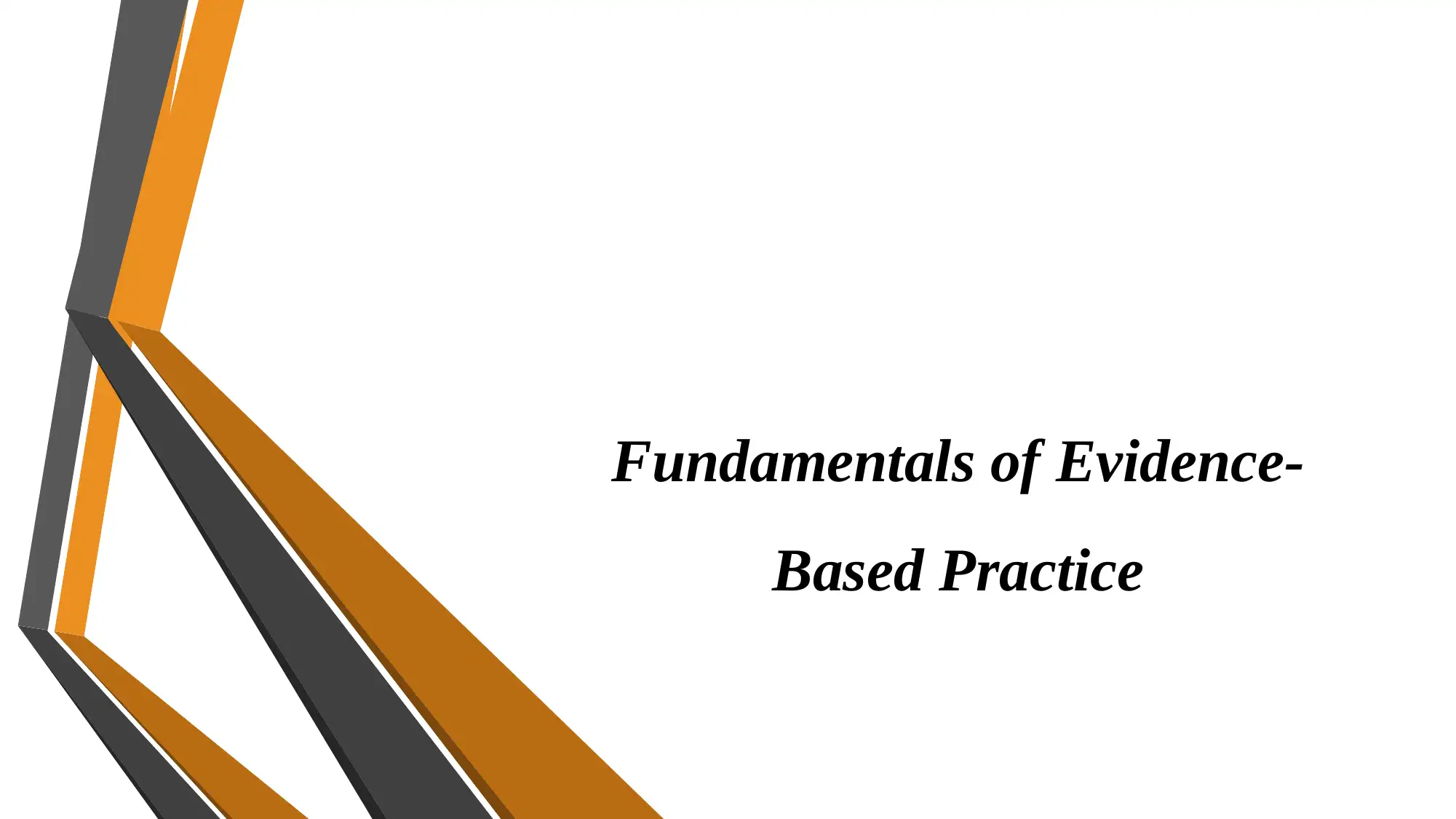
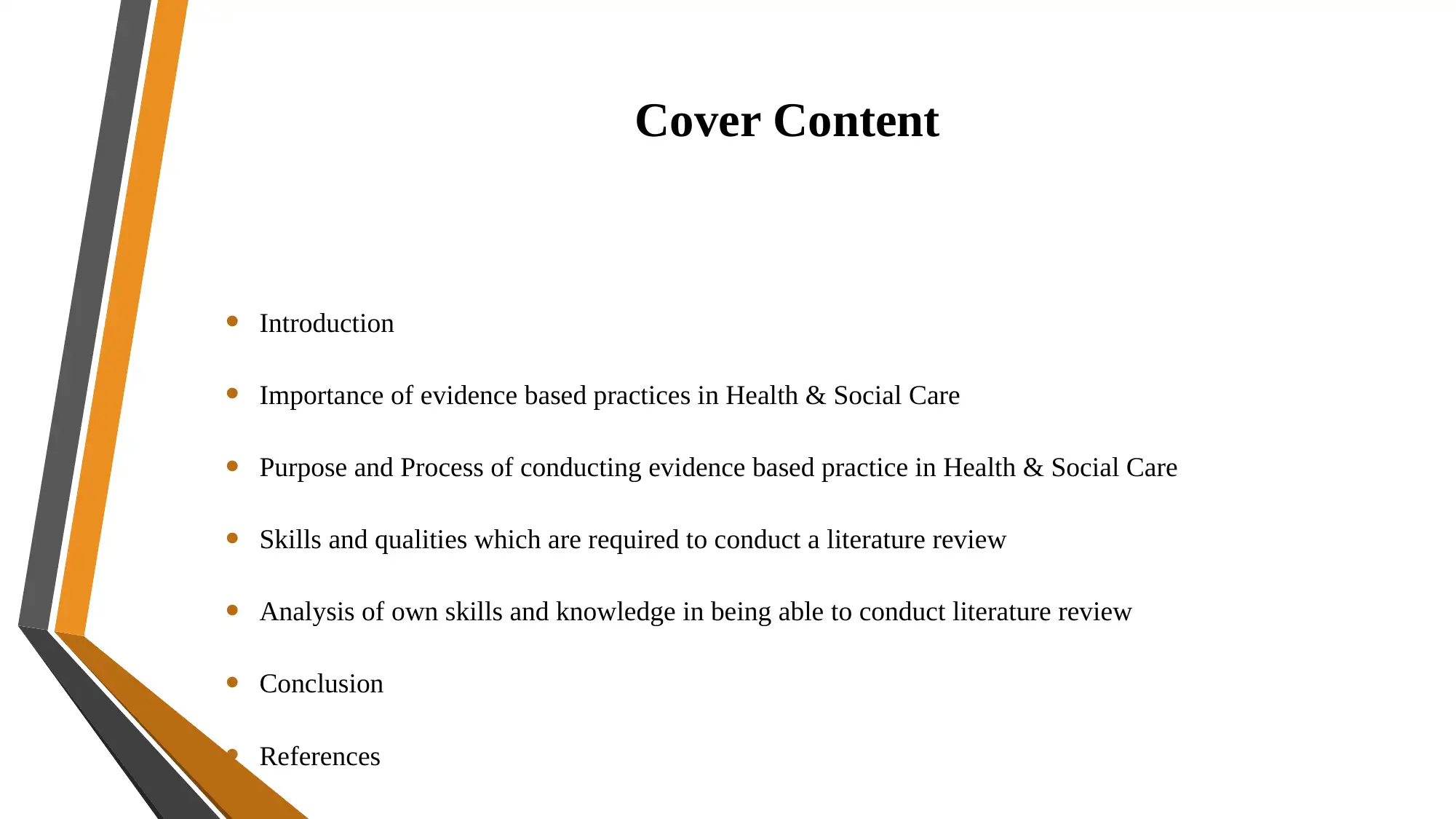
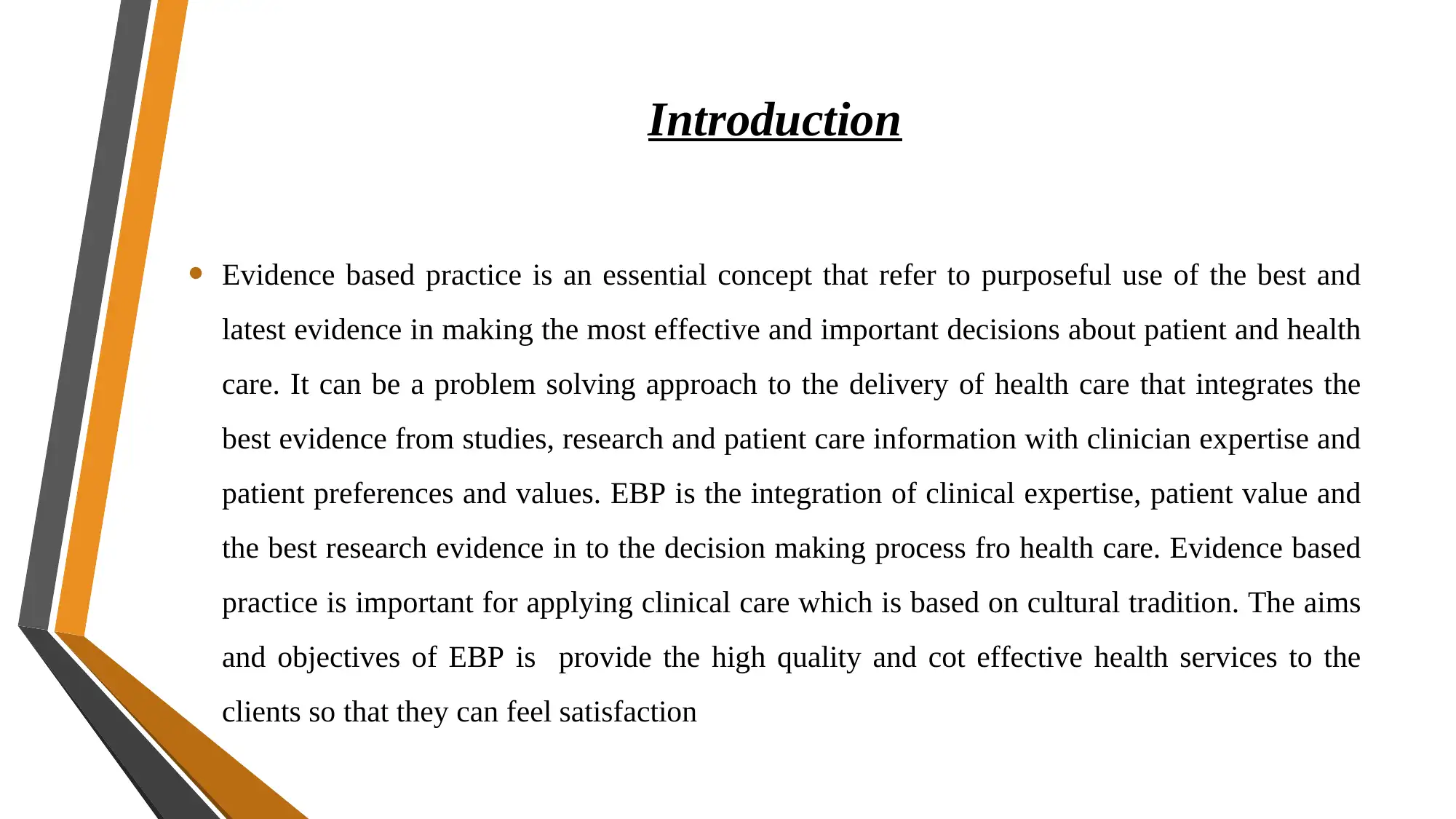

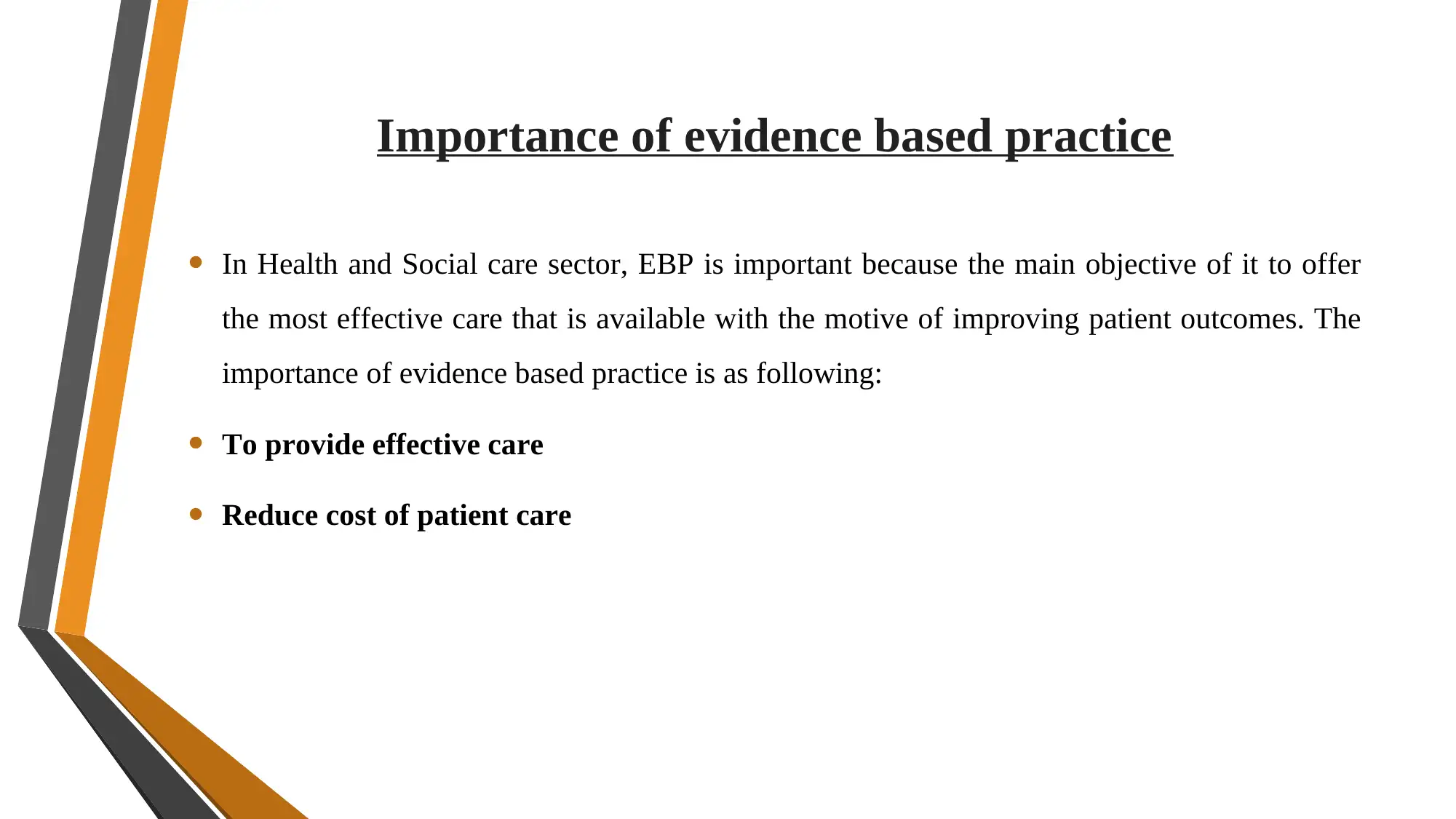
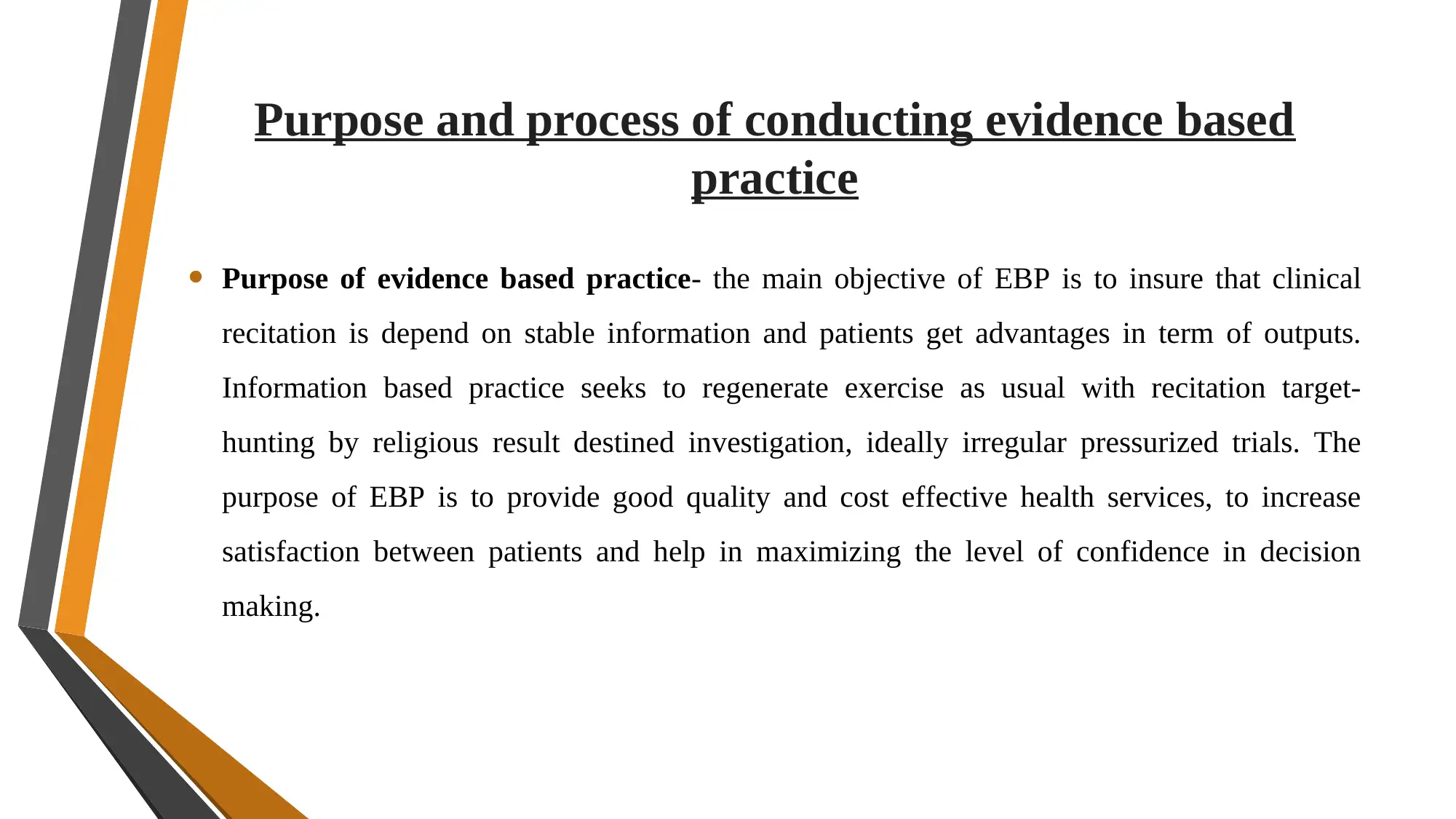
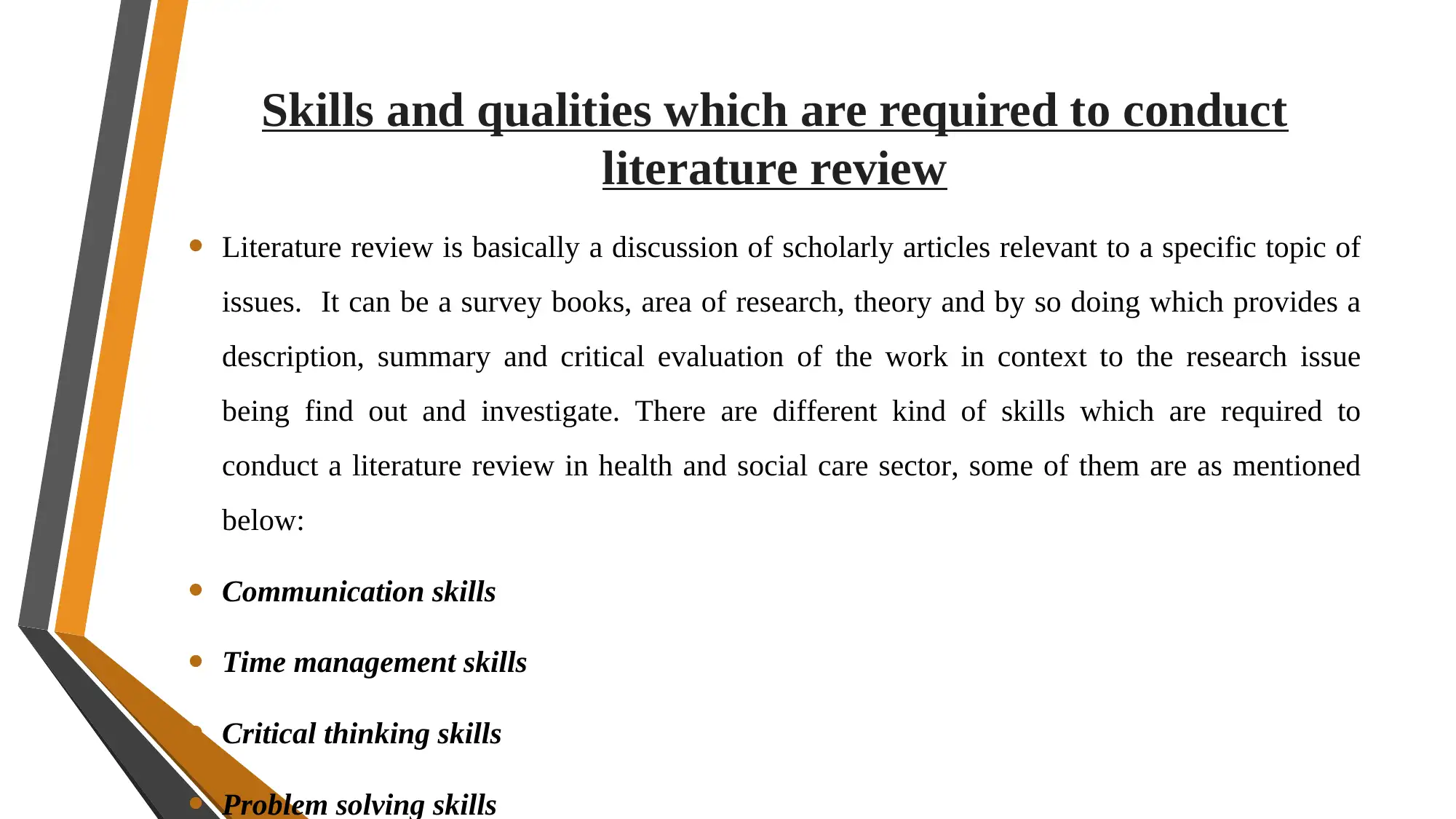
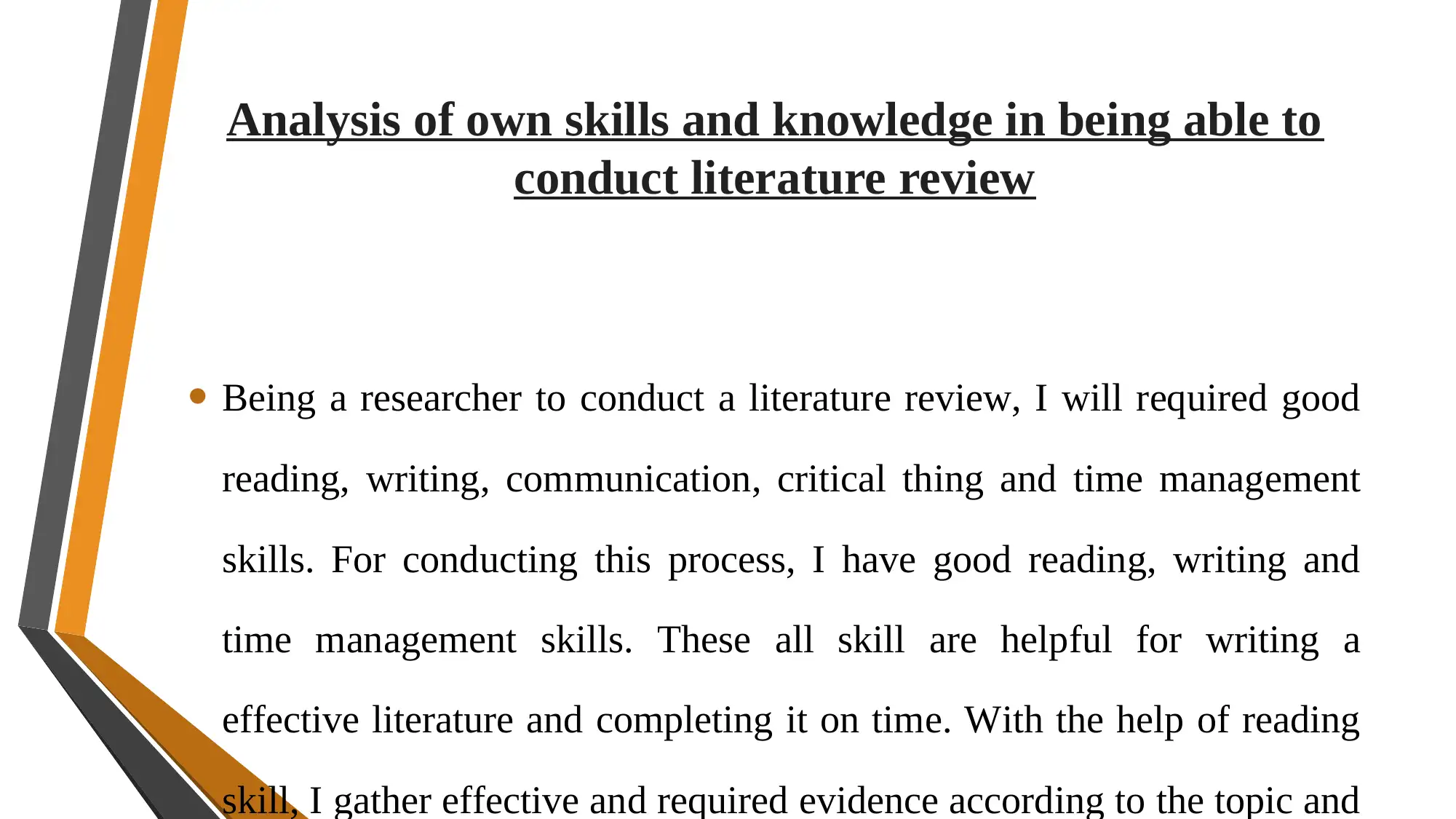
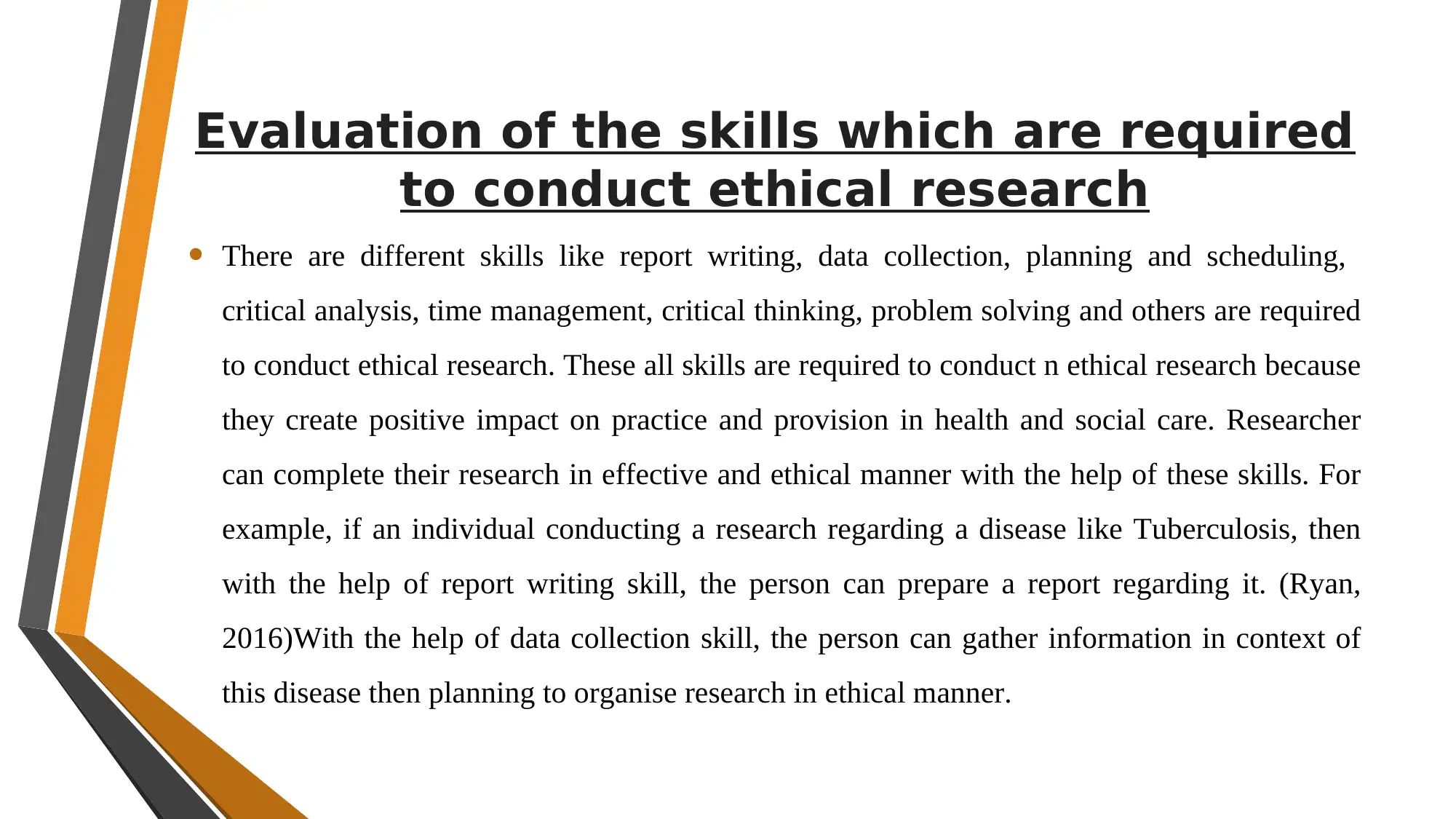
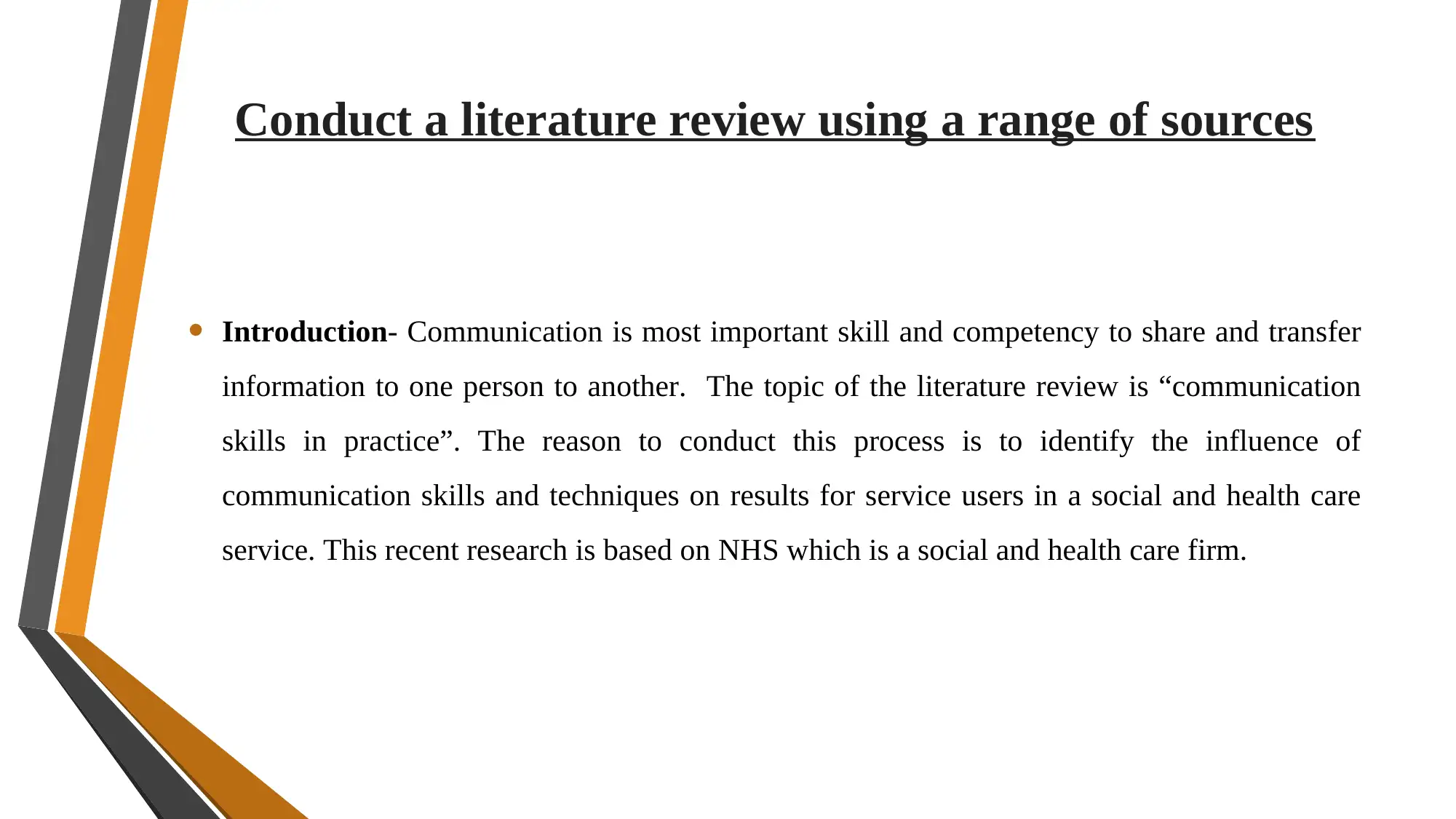
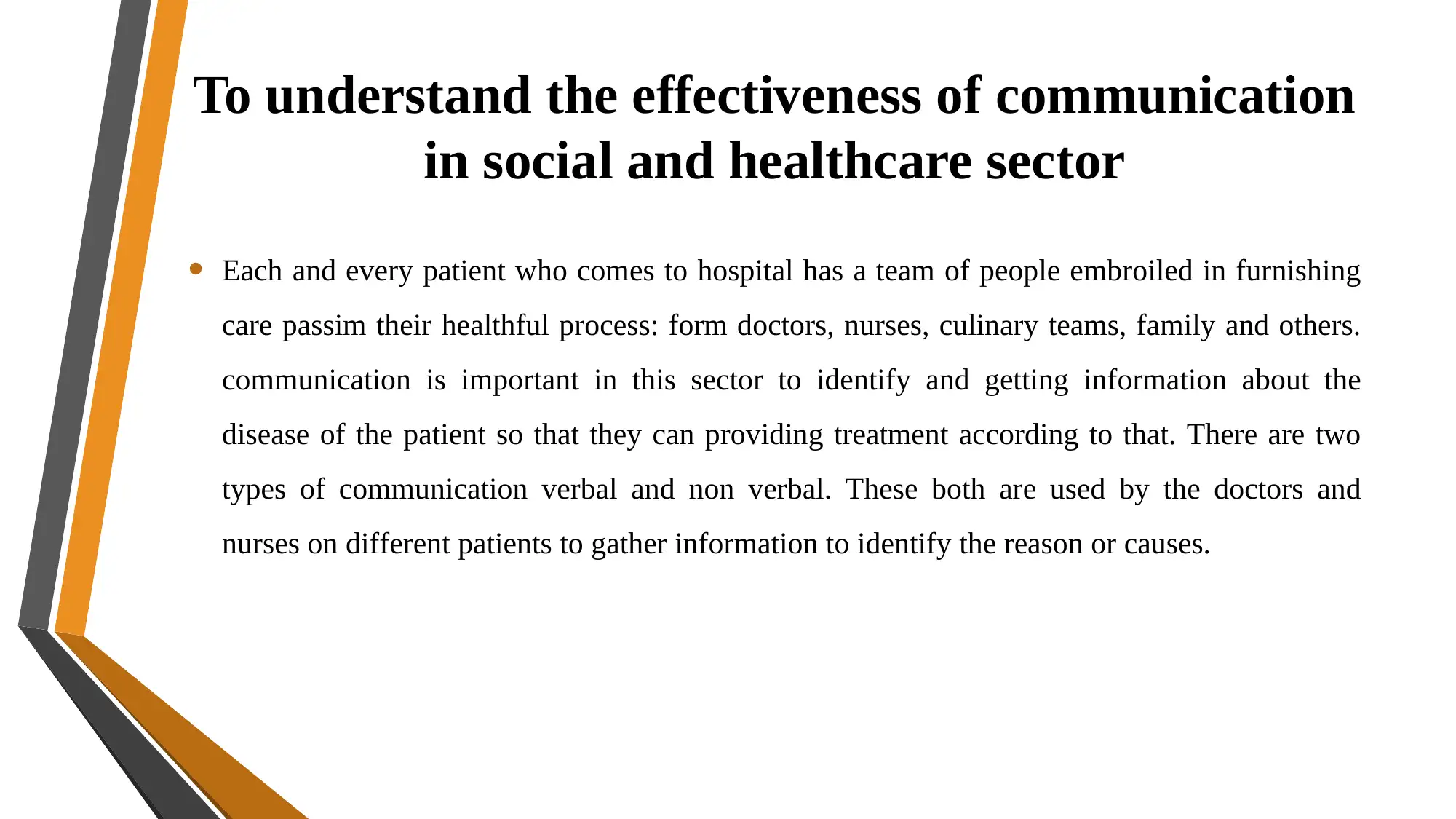
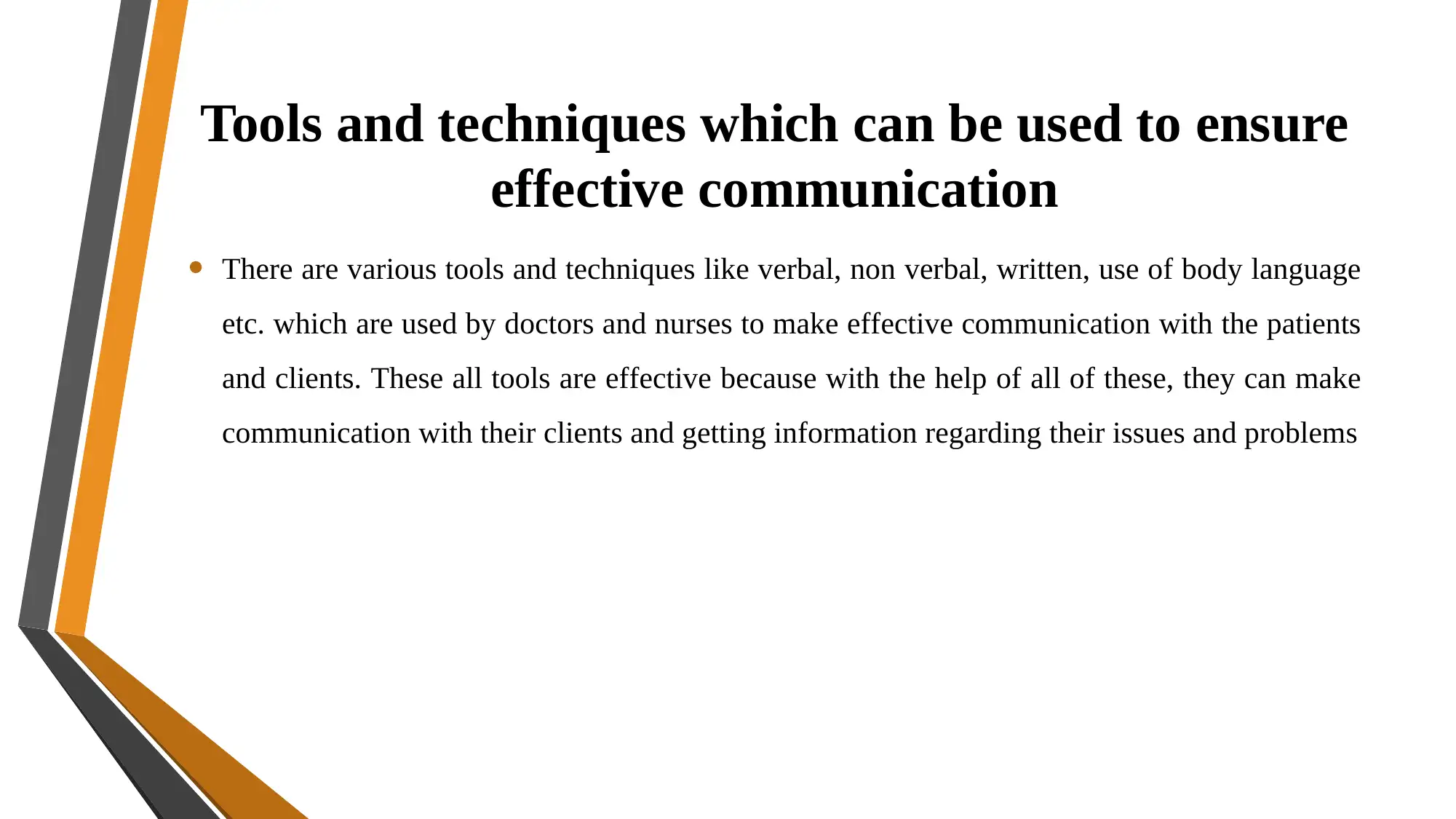
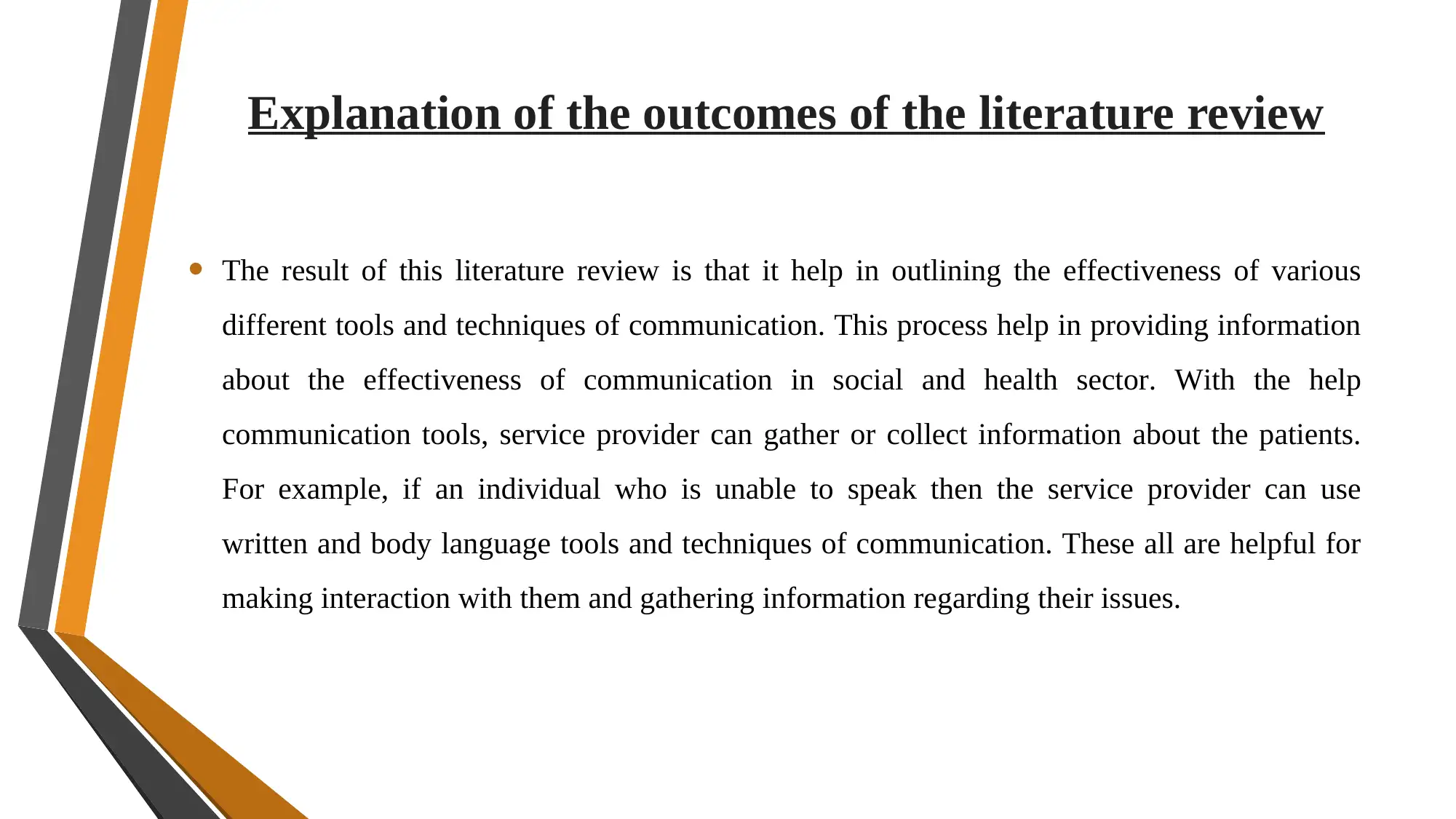





![[object Object]](/_next/static/media/star-bottom.7253800d.svg)